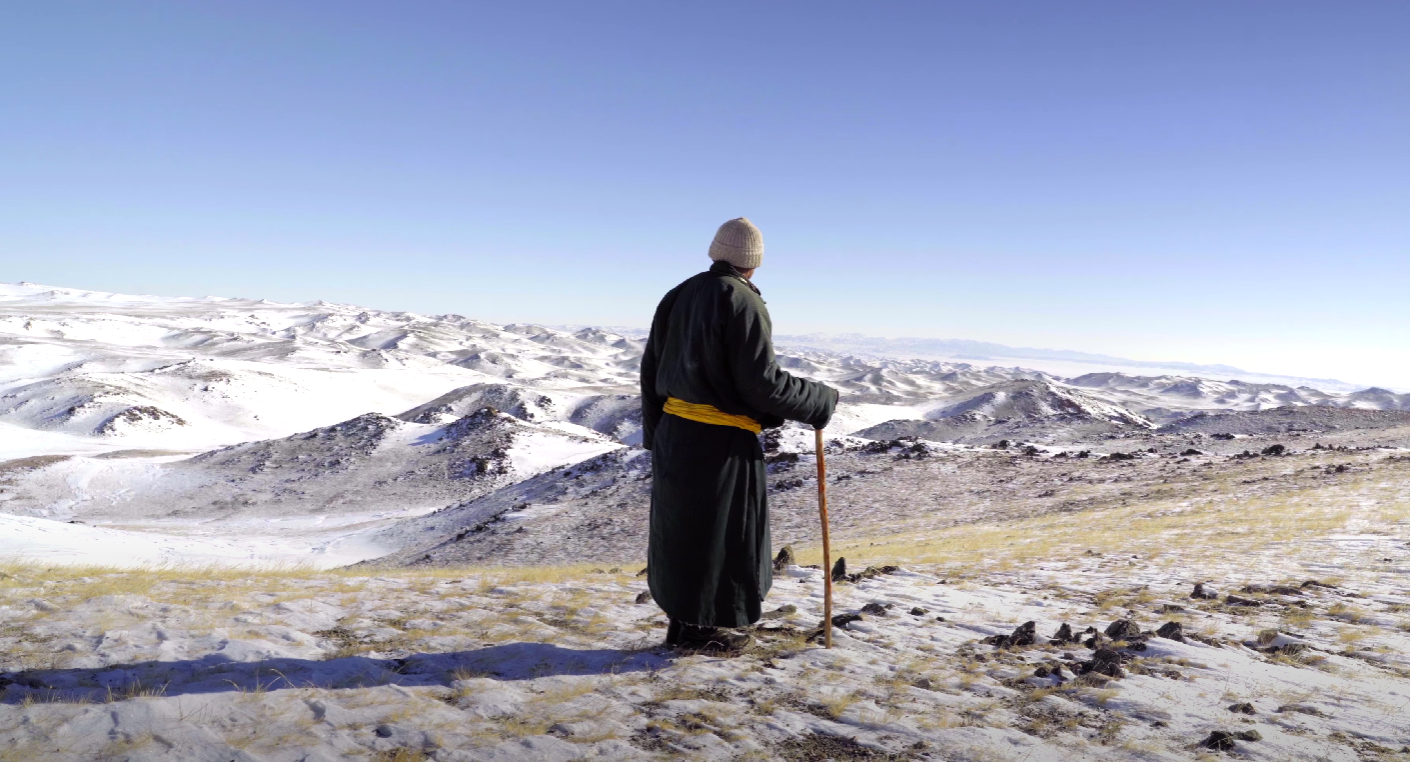On February 24, the Mongolian State Emergency Commission (SEC) revealed that 2.9 million heads of livestock perished as a result of the ongoing dzud in the country.
Dzud is a natural disaster that usually takes place in the winter due to heavy snowfall, cold winds, and extremely cold temperatures and leads to the mass death of livestock.
The head of the SEC’s Emergency Staff, set up in response to the unfolding disaster, shared that 80 percent of the country was experiencing dzud.
According to the authorities, 21.8 percent of the affected areas are experiencing what the Mongolians refer to as tumur (iron) dzud.
This particular type of dzud happens when an unnatural period of warmth is followed by extreme cold, resulting in snow’s sudden melting and freezing into an impregnable layer of ice above the ground, making it impossible for animals to access pasture.
The remaining 78.2 percent are experiencing tsagaan (white) dzud, characterized by heavy snowfall that limits animals’ access to pasture and mobility.
Dzud is a common phenomenon in Mongolia, and several types of dzud exist. In addition to tsagaan and tumur dzud, there are also khar (black), khuiten (cold), and khavsarcan (combined) dzuds.
Khar dzud results from long stretches of extreme cold. Khuiten dzud is a combination of high-speed winds and deep snow. Khavsarcan dzud happens when deep snow is accompanied by a sudden drop in temperature, catching herders and animals off guard.
With the current dzud still continuing, the number of dead animals is expected to grow. The authorities plan to collect and dispose of their carcasses in spring before they rot and start causing diseases.
All the resources are now concentrated on helping the herders to keep their remaining livestock alive by providing them with fuel, hay, and fodder, and clearing the roads so that herders can take their animals to pastures less affected by dzud.
Everybody in Mongolia is chipping in for this rescue mission; as of February 24, the amount of donations reached MNT 1.6 billion (USD 473,000).
All these efforts may help Mongolian herders minimize their losses this winter, but far greater challenges lie ahead of them in the years to come.
Both the severity and frequency of dzud have increased over the last two decades, causing colossal damage to nomadic herders, who make up almost 40 percent of the population and depend on their livestock for food and income sources.
According to historical records, there were 15 dzud in the 18th century, 31 in the 19th, and 43 in the 20th. Thus, dzud were predicted to occur every eight to 12 years in the past. Now they are expected to occur every other year.
This disturbing shift is caused by climate change, which results in warmer and drier summers and harsher winters in Mongolia, and the overgrazing of pastures due to the unprecedented growth of livestock numbers since the early 1990s.
Although it is animals that die during dzud, these disasters affect the entire nation. The ripple effect from dzud includes rising poverty levels and internal migration, among others.
It is common for herders to lose their entire livestock during dzud, forcing them to give up life in the countryside and move to major cities in search of employment.
Above anything else, more frequent and severe dzud pose a grave threat to the unique thousand-year-old nomadic way of life.







